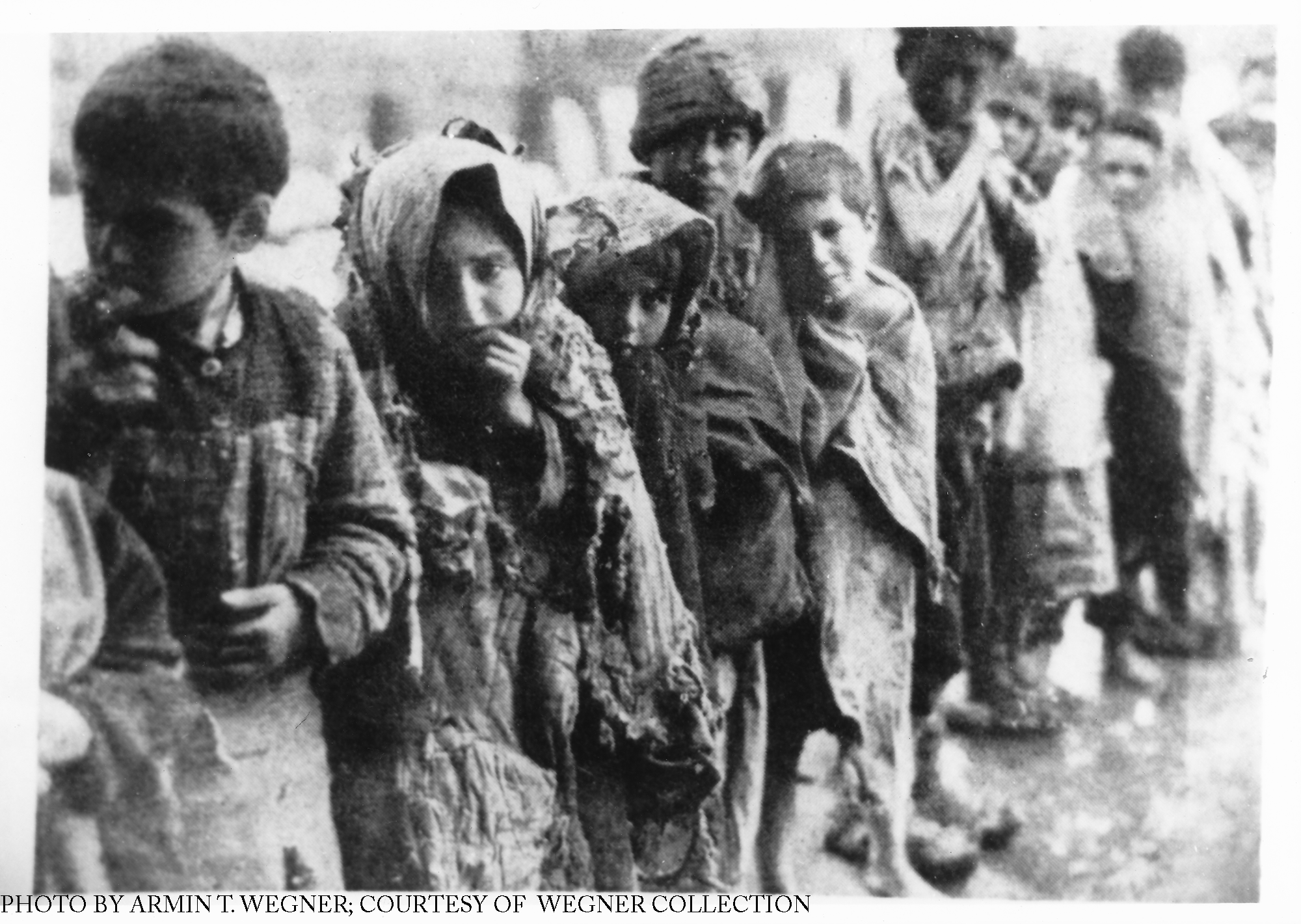The humanitarian crisis in Nagorno-Karabakh
La situació de Nagorno-Karavag és un genocidi del poble armeni. I no és la primera vegada. Aquesta és la carta publicada al Lancet i que crec rellevant de destacar a data d'avui:
We want to bring the attention of doctors to the humanitarian crisis happening in Nagorno-Karabakh. Nagorno-Karabakh, an area of 1700 square miles between Armenia and Azerbaijan, is home to about 120 000 people, including about 30 000 children. Nagorno-Karabakh, also known as Artsakh, was a region in the former Soviet Union with a predominately Armenian population that had restricted self-governance. However, since the dissolution of the Soviet Union, its status has been a contentious issue between Armenia and Azerbaijan.
Since 1991, Nagorno-Karabakh has been a de facto independent state. A 44-day war in 2020, started by Azerbaijan during the COVID-19 pandemic, resulted in thousands of deaths, more than 10 000 injuries, and the displacement of many more people.1 After the ceasefire, the only supply route for food, medicine, and fuel connecting Nagorno-Karabakh to Armenia was the Lachin corridor.2, 3
In December, 2022, Azerbaijan began a blockade of the Lachin corridor that has resulted in starvation, with inhabitants forced to wait in long queues for food and medicine. The public transportation system has collapsed and there is concern about fuel for heating homes in the winter. Local doctors report that malnutrition is causing miscarriages, people who are pregnant are unable to reach hospitals to give birth, there is no infant formula, and that the lack of adequate nutrition has impeded breastfeeding.4
People with chronic illnesses cannot access basic medicines, such as insulin. People with suspected cancers cannot have diagnostic studies and people with cancer have little access to simple anti-cancer drugs.5 Access to cancer services in Armenia is now blocked. The Red Cross, the only operational relief organisation in this area, cannot guarantee the safe transportation of people who are critically ill to Armenia. Even before the current crisis, this region had challenges in providing adequate health care to the population; the blockade has driven it to a crucial point. On Aug 7, 2023, the former chief prosecutor of the International Criminal Court stated “there is an ongoing genocide against 120 000 Armenians living in Nagorno-Karabakh”. Although most people think genocide implies mass killing, this notion is wrong. The legal definition of genocide in the 1948 Genocide Convention is “acts committed with intent to destroy, in whole or in part, a particular national, ethnical, racial or religious group”. It is obvious that the objective of the blockade is to starve the resident Armenian people so that they die or flee.
We are not alone in our assessment of the situation in Nagorno-Karabakh.6 The International Association of Genocide Scholars warned of the “risk of genocide”, the Lemkin Institute for Genocide Prevention issued an active genocide alert, and Genocide Watch has declared a genocide emergency.
We urge the global medical community to voice concern and take action that might help end the blockade of the Lachin corridor until a reasonable compromise can be reached between authorities in Nagorno-Karabakh and Azerbaijan. We need to stop this genocide.
La societat no hauria d'acceptar passivament fets com aquests. Les Nacions Unides fan el paper de la trista figura, amb un mecanisme de veto inadmisible a data d'avui.
